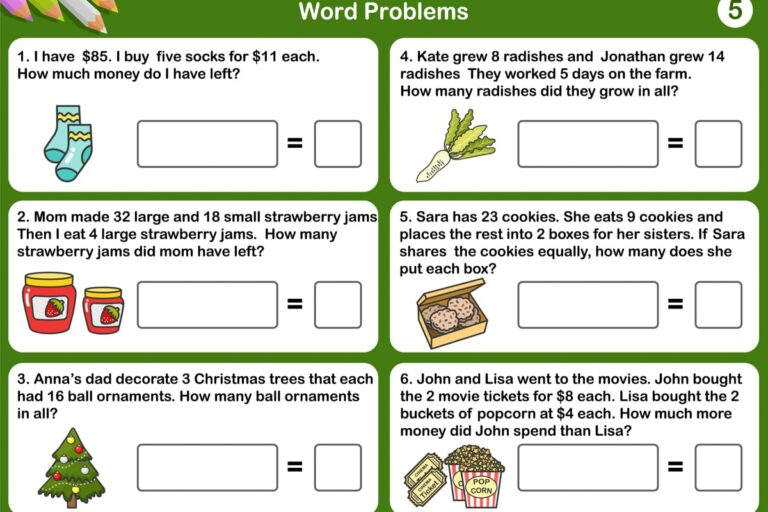Why Word Problem Mastery Matters

You might have seen our group “Mastering the Word Problem” and wondered what was the big deal. Why would we develop a whole program around word problems?
The answer is that word problems have become a huge part of math curriculum. With the adoption of the new higher standards, word problems have become the centerpiece of tests for all grade levels. They also have become a large part of student homework. They even dominate standardized testing like the SBAC, the SAT, and the ACT, which are almost entirely word problems. To do well in math, students need to feel comfortable with and have mastery of word problems.
The challenge is, students are often wary of or even frightened of word problems. The combination of reading and math can be overwhelming if students were never properly introduced to them. It doesn’t have to be that way. Word problems can be easy and fun. They offer the unique opportunity for students to apply their math skills to the real world.
Math isn’t just about numbers; it’s about modeling and manipulating the world around us to find solutions to big and small problems.
Here are some examples of what you can use math for in day to day life:
Figure out how much tile you need to buy to renovate your bathroom
Convert recipes to larger or smaller amounts for family gatherings
Plan a picnic so you have enough food and drinks for everyone
Open a business and model how many units you need to sell to start making a profit
Plan or design an amusement park ride
Model bacteria growth in a lab
Predict the value of your car after a few year
At Mathease, we want our students to have a well rounded view of math. When they see a word problem, they are ready to meet the challenge.
This will not only make them feel much more comfortable with math, but it will do great things for their grades and test scores. We developed “Mastering the Word Problem” to achieve this goal.
In “Mastering the Word Problem,” students begin by taking our word problem assessment. Then, we meet them at their level. We have found that it is not the word problem that is difficult, but rather the student being overwhelmed. Therefore, we start slowly and work with them on the basics they are missing until they become easy. Students work their way up improving their skills and confidence.

